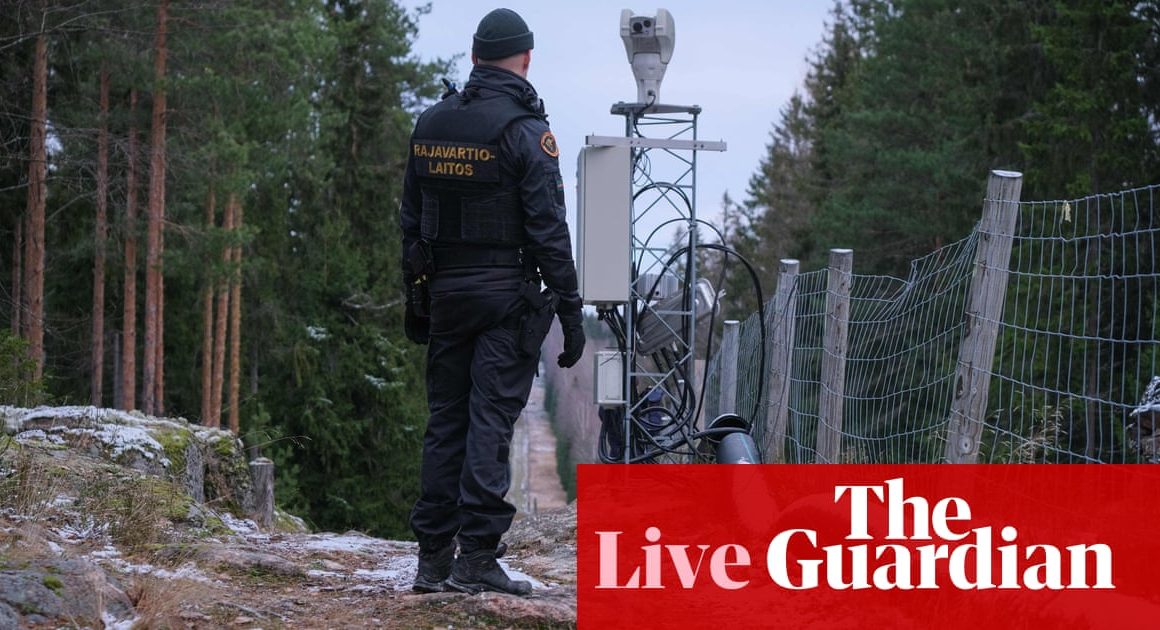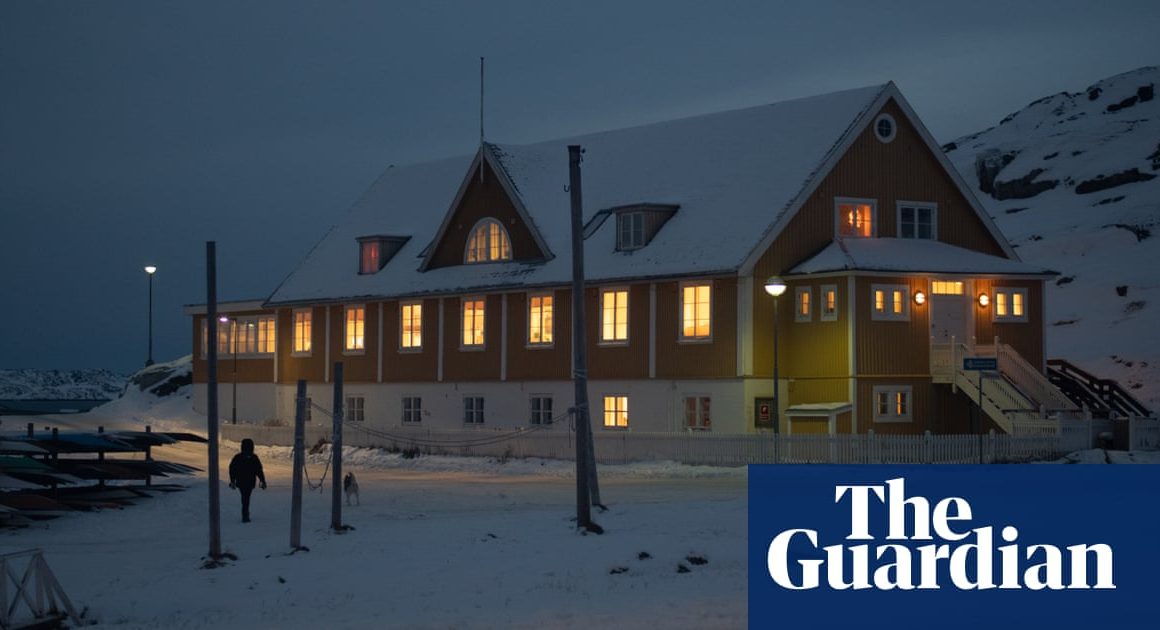Schools in England are closing down legitimate debate about the Israel-Gaza conflict because teachers feel ill-equipped and are concerned about political impartiality, the government’s independent adviser on social cohesion has said.
Dame Sara Khan said that if schools continued to shut down debate they risked “fuelling further anger, hate and polarisation”.
She said the conflict, which has prompted huge demonstrations by hundreds of thousands of pro-Palestinian protesters across London and elsewhere, has had a marked impact on schools, where pupils want to talk about events in Gaza.
Days after the publication of her review into threats to social cohesion, Khan repeated her assertion that teachers were avoiding addressing controversial issues because of fears of being targeted by campaigns of intimidation and harassment.
She also said teachers felt there was too little guidance on teaching controversial issues in personal, social, health and economic (PSHE) lessons and were worried about a lack of support from the Department for Education (DfE) when difficulties arose.
Her review – which highlights the case of a religious studies teacher at Batley grammar school in West Yorkshire who was forced into hiding after accusations of blasphemy – recommends a cohesion and conflict unit be set up to support teachers who find themselves being threatened. The unit would also provide training resources to support schools on controversial topics.
The war in Gaza has caused a number of incidents in schools. In one case, Barclay primary school in Leyton, east London, sought help from the Metropolitan police to investigate threats to the school and abuse of staff after its decision to ban political symbols, including the Palestinian flag.
Although many teachers are reluctant to speak out, one secondary school teacher, who did not want to be named, told the Guardian their school was one of the few that had agreed to hold assemblies on the issue and offer a weekly safe space for discussion about the conflict.
“We’re lucky. Generally, management are terrified and teachers are terrified to discuss it. The biggest problem is the kind of silence around it in the vast majority of schools,” they said.
Another teacher in an inner-city school, who also wished to remain anonymous, said it was a “massive failing” on the part of schools. “From the word go, we were told this was a political issue and we can’t discuss it. If we’re not talking about it, it does not mean that the kids are not interested. They know what’s going on. They are going online where there’s no control over what they are seeing.”
Daniel Kebede, the general secretary of the National Education Union, agreed members were nervous about having discussions around such difficult subjects in class.
“It’s a very sensitive issue. As a union we’ve been very clear we absolutely condemned the attack by Hamas and the taking of hostages, but what’s unfolded since is a real humanitarian disaster and young people want to talk about it.
“Schools are the best place for young people to talk about difficult subjects but I think there is a nervousness among the profession.”
The NEU has been criticised over a motion to be discussed at its annual conference which expresses support for the Palestinian Solidarity Campaign (PSC) and brands Israel’s government “racist” and “guilty of apartheid policies”.
The motion, to be debated by delegates at the gathering in Bournemouth next week, calls on the executive to “publish and circulate educational resources that members can use to increase understanding of Palestine and Israel”.
after newsletter promotion
It also says Israel’s government is the main driver of the conflict and calls on the UK government to stop “being an enabler of Israel’s apartheid policies”, while an amendment says all attempts to clamp down on the right to protest and discuss the issue must be opposed.
Khan said: “There is no doubt that the conflict has had a direct impact on schools. There is a desire among some pupils to talk about what is happening in Israel-Palestine yet many teachers feel ill-equipped to talk about the conflict while also being conscious that they are expected to uphold their legal duty to remain impartial.
“In the absence of resources to facilitate such discussions in an educational setting – which are needed especially when a great deal of propaganda and disinformation exists online – some schools are closing down any legitimate dialogue which can have a potential effect of further fuelling anger, hate and polarisation.”
A Newham council spokesperson said: “Our approach as a council is to provide listening spaces for school leaders to discuss the significant impact this has had on their children, families and teams. Colleagues from within our teams meet regularly with colleagues from across the council, and community partners, to continue to assess the impact this is having on our communities – including schools.”
Glenn Bezalel, the deputy head (academic) at the City of London school, who wrote a book called Teaching Classroom Controversies to help schools navigate complex teaching issues in the age of fake news and alternative facts, said: “Teachers are very fearful in this censorious climate, and one in which cancel culture is something they are particularly concerned about, where if I have a discussion in the classroom, who knows if that evening I’m going to be all over X.
“My sense is that most teachers would say: ‘I’ve got a curriculum to teach, I’ve got exams coming up. Let’s just leave it. It’s not worth the hassle.’ But there are good reasons why schools should be the right place to be teaching these kinds of things. If we’re not doing it in schools, where else are our pupils going to get their information from. God help us if it’s social media.”
Bezalel also said it was a vital part of helping students develop their own critical thinking, and learn the importance of kindness and respect in discussions about controversial issues. “The classroom is the best place to model this.”
A government spokesperson said: “Teaching children a range of viewpoints is vital, but we have been clear this must be done in line with our impartiality guidance. We know navigating these issues can be challenging, which is why we provide teachers with extensive advice and resources through our Educate Against Hate website. This includes practical advice on promoting cohesion and challenging radical views, as well as providing quality-assured materials for use in the classroom.”











